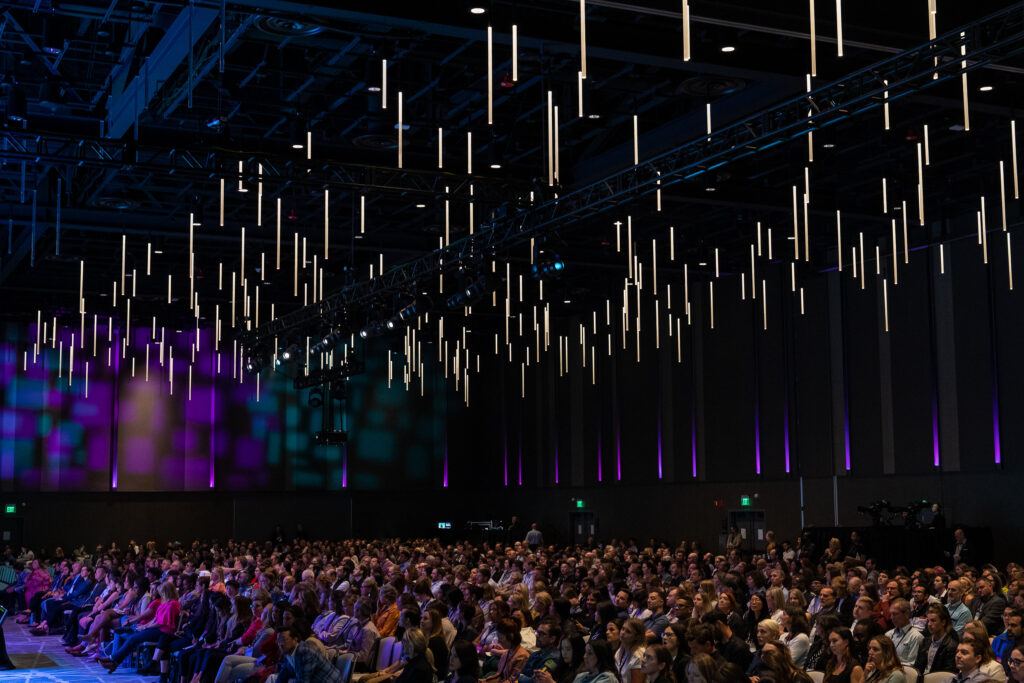In the fast-paced world of event planning, where creativity meets logistics, the focus on sustainability is becoming increasingly essential. From reducing waste to minimizing carbon footprints, planners are embracing green event planning practices to create memorable experiences that not only dazzle attendees but also leave a positive mark on the environment.

Understanding the Green Event Landscape
Sustainability in event planning involves a holistic approach that touches every aspect of the process. It’s not just about adopting eco-friendly practices; it’s about creating a mindset that values the planet and future generations. Here are some key tips for event planners looking to minimize their environmental impact:
1. Start with a Sustainable Mindset:
Begin the event planning process with sustainability in mind. This involves considering the environmental impact of every decision, from venue selection to the disposal of event materials.
2. Venue Selection Matters:
Choose venues that have a commitment to sustainability. Look for spaces with eco-friendly certifications, energy-efficient facilities, and waste reduction programs. Additionally, consider the location’s accessibility to public transportation to reduce the carbon footprint of attendees.
3. Embrace Digital Communication:
Minimize paper usage by leveraging digital communication tools. Create digital invitations, use event apps for schedules and updates, and encourage attendees to use digital badges.
4. Waste Reduction Strategies:
Implement a comprehensive waste reduction plan. This could include recycling stations, compostable utensils and plates, and a commitment to donate leftover food to local charities.
5. Sustainable Catering Options:
Work with caterers who prioritize local, organic, and sustainably sourced ingredients. Consider serving plant-based meals to reduce the environmental impact associated with meat production.
6. Encourage Sustainable Transportation:
Promote eco-friendly transportation options for attendees. Provide information on public transportation, organize carpools, and incentivize the use of bicycles or electric vehicles.
7. Engage Stakeholders in Sustainability:
Get everyone involved, from event staff to vendors. Communicate your commitment to sustainability and encourage partners to adopt eco-friendly practices. Collaborate with vendors who share your values.
The Impact of Green Event Planning
By incorporating these tips into your event planning process, you not only contribute to a healthier planet but also position your event as a leader in sustainable practices. Attendees increasingly appreciate and support events that align with their values, making sustainability a win-win for both the environment and the success of your event.
Green event planning is not just a trend; it’s a responsibility. As the events industry continues to evolve, the impact of our choices becomes more significant. By adopting sustainable practices, event planners can create experiences that resonate with attendees while contributing to a more sustainable and eco-friendly future.